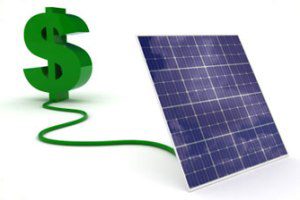
Solar panels generate electricity free of fuel costs. Installing a home energy system based on solar panels can reduce, or maybe even eliminate, your electricity bill. The system has a substantial up-
Cost Of Installing A Solar Power System
The first consideration is the up-
This results in monthly payments over the life of the loan, and means higher total installation cost, including interest on the financing. Of course, it’s also possible to finance the installation through a home equity loan, but again, the interest on the second mortgage has to be included in the total price.
Assuming you are going to pay for the whole thing up front in cash, though, the cost of a fully-
Cost Versus Energy Savings: Payback Time
Once you have a clear idea of how much it’s going to cost to install your solar power system, the next step is to compare this to your monthly electricity bill savings. Dividing the cost by the monthly savings gives you a payback time in months. This is how long it takes you to recoup the cost of your solar power system from utility bill savings.
Let’s say you have an average monthly electric bill of $200 and you install a solar power system costing $25,000 (after rebates and tax savings) that cuts your electric bill to an average of $10 per month. Your monthly savings (on average) equal $190. (Electric bills are not a constant, of course. Either summer or winter usage is usually a great deal higher than other parts of the year, depending on where you live, whether you use air conditioning in the summer, and whether you have electric heating and water heating systems.)
You would pay off your solar power system in 132 months at that rate, or eleven years. That is probably a conservative figure, though, because electricity costs from non-
Life Span
Solar panels don’t last forever, but they do last a long time. Current warranties on commercial solar panels guarantee that they will produce nine-
The cost of doing this is, unfortunately, impossible to predict. The advances in solar energy technology for the past twenty years have been staggering. We have no reason to expect anything different for the future. But as long as the payback time is substantially less than twenty years, you will have achieved very significant net savings on your energy costs.
